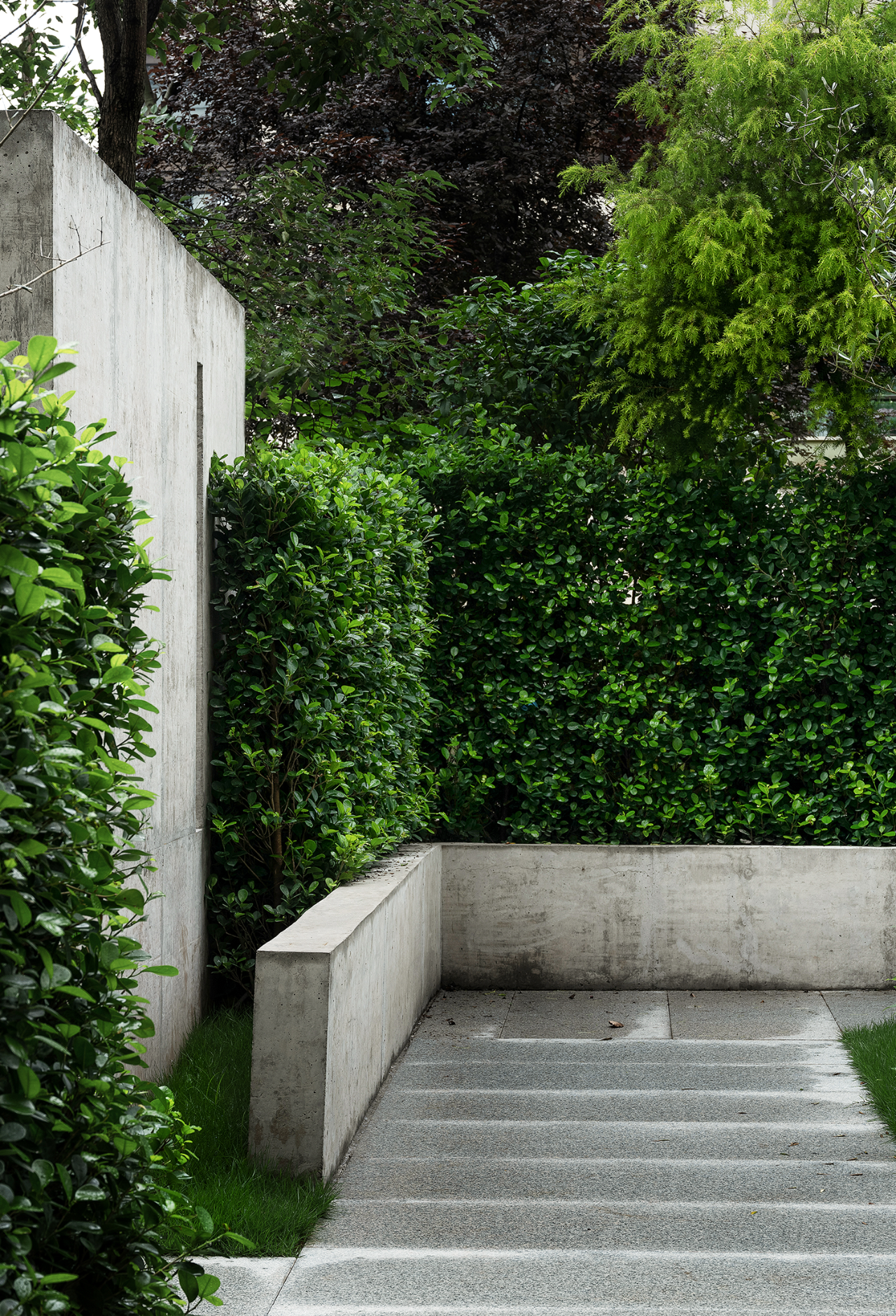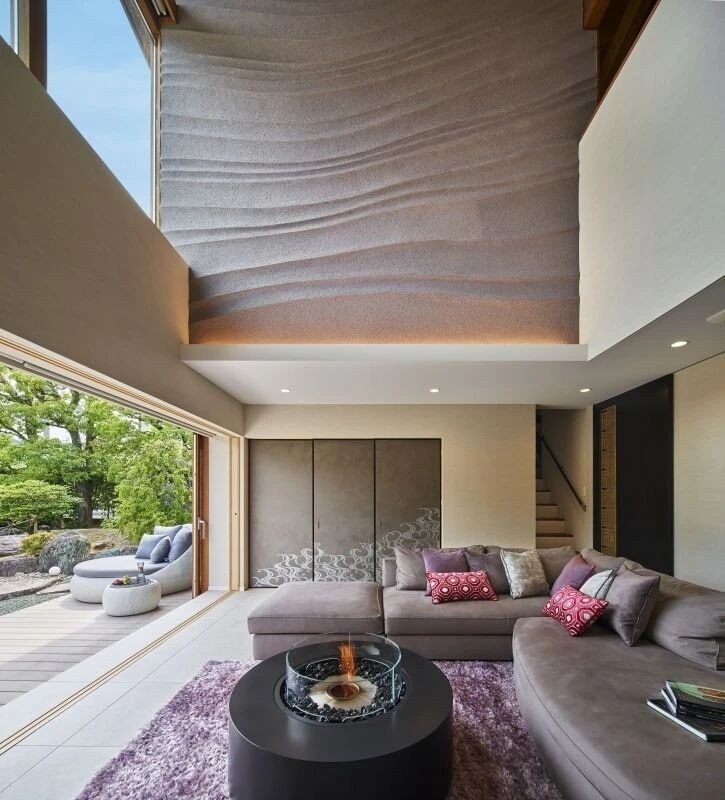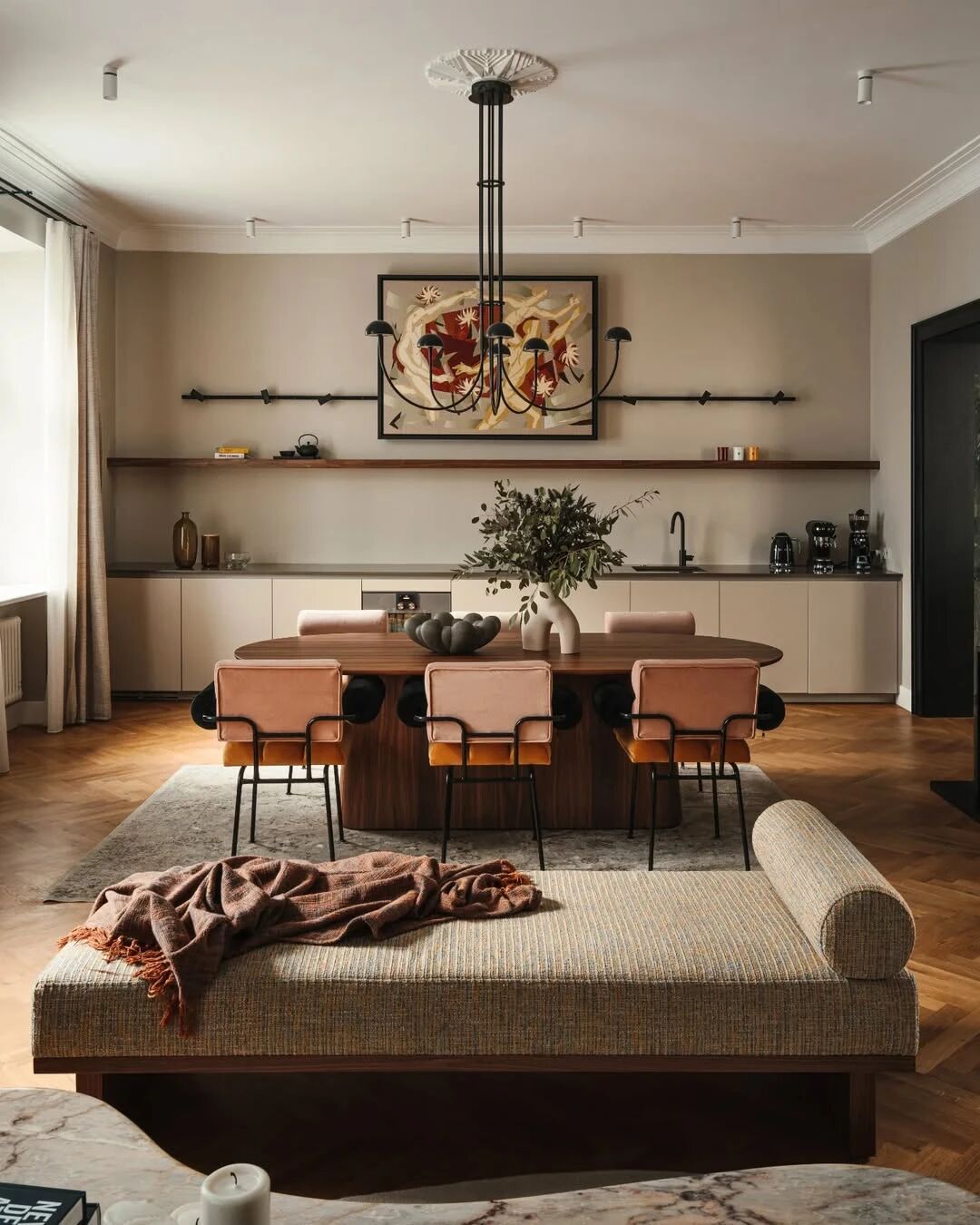Contemporary Rotunda Church by Atelier Štěpán: Church of St. Wenceslas
2017-09-04 06:56
Architects: Marek Jan Štěpán / Atelier Štěpán Project: Rotunda Church of St. Wenceslas Collaborators: František Brychta, Jan Martínek, Tomáš Jurák, Jan Vodička, Hana Kristková Interior wall decoration: Vladimír Kokolia Location: Sazovice, Czech Republic Year 2017 Photography: Jakub Skokan, Martin Tůma / BoysPlayNice
建筑师:Marek JanŠtěpán/AtelierŠtěpán项目:圣温塞拉斯圆形教堂合作者:František Brychta,Jan Martínek,TomášJurák,Jan Vodička,Hana Kristková室内墙壁装饰:Vladimír Kokolia地区:捷克共和国萨佐韦,2017年摄影:Jakub Skokan,Martin Tůysma/BoPlayNice
Church of St. Wenceslas in Sazovice is a modern rotunda and contemporary architecture built on conservative principles from Moravian architectural office Atelier Štěpán. The idea of building a church in Sazovice dates from the interwar period. In 2011 the people of Sazovice brought the idea again and founded the association of church building. The first important task was to find a particular location, which would help to amplify the spiritual sense of church. According to the masterplan, we discovered 4 possible sites for the building. Only one of them was in the heart of Sazovice perfectly linked with the surrounding building structure and its social connections.
Sazovice的St.Wenceslas教堂是一个现代的圆形建筑和现代建筑,建立在摩拉维建筑办公室Atelier的保守原则之上。在萨佐维奇建立一个教堂的想法从战争间时期开始。2011年,萨佐维人民再次提出了这个想法,成立了教堂建筑协会。第一个重要的任务是找到一个特定的位置,这将有助于扩大教会的精神意识。根据总体规划,我们发现了4个可能的建筑位置。其中只有一个与周围建筑结构及其社会联系完全相连的Sazovice中心。
The surroundings create a bay for the church that brings great importance to this place for following generations. Searching for the right form of the rotunda church started with a simple cylinder, which became a perfect volume for this place. The circle has always been understood as a divine symbol, in contrast to the worldly rectangle. The rotunda church establishes the focal point of the village, in the intersections of main directions and it makes you feel it’s a sacred place.
周围环境为教堂创造了一个海湾,这给这个地方带来了巨大的重要性,为后代。寻找正确形式的圆形教堂从一个简单的圆柱体开始,这成为这个地方的一个完美的体积。圆圈一直被理解为神圣的象征,与世俗的矩形形成鲜明对比。Rotunda教堂在主要方向的交叉口建立了村庄的焦点,它使你觉得它是一个神圣的地方。
The building refers to rotundas built in St. Wenceslas’ time in 10th century. He founded a rotunda, that has, according to the historical sources, similar diameter to the church in Sazovice. The old rotunda church was rebuilt into a new gothic square shaped chapel within the Prague cathedral. We circumscribed a circle around the square and continued to design with the same proportions and positioning of altar, entrance and stairs. The relics of St. Wenceslas are in the Prague chapel and newly in the altar in Sazovice. During the construction, we discovered a connection between the both buildings. While standing in front of the altar and looking through the main window, designed by intuition, you are watching in the direction of St. Wenceslas chapel. This fact supports the rightness of the design and may be a result of a contribution of force majeure.
这座建筑是指10世纪圣温塞拉斯时代建造的圆形建筑。他建立了一个圆形大厅,根据历史资料,它的直径与萨佐韦教堂的直径相似。古老的圆形教堂被重建成布拉格大教堂内一个新的哥特式方形教堂。我们在广场周围了一个圆圈,继续按照同样的比例和位置设计祭坛、入口和楼梯。圣温塞斯拉斯的遗物在布拉格小礼拜堂里,在萨佐韦的祭坛上。在施工过程中,我们发现了这两座建筑之间的联系。当你站在祭坛前,透过主窗,凭直觉设计时,你正注视着圣文塞拉斯教堂的方向。这一事实支持设计的正确性,可能是不可抗力造成的结果。
“My aim was to dematerialize the building. When you observe the volume, you feel the lightness made by design principle of tapering the walls into tiny lines. It’s like cutting a paper cylinder and exploring its possibilities. I created the windows by pushing and pulling the cuts and letting the light glide softly on the walls. I believe there is something or better Somebody behind the material world. In Sazovice I tried to find it through the volume and defined space. As an architect, I explore the space and its impact on people. The church should influence people’s mind, whether they understand it consciously or subconsciously. This is the reflection of something divine in the volume, defined space and something what is behind the walls. The church invites us inside and provides a sense of quietness and peace. You can experience being alone with God if you want. The interior is very personal and it’s better to come and live it out.”
他说:“我的目的是要使这座建筑物非物质化。当你观察到体积时,你就会感觉到由将墙壁变细成细小线条的设计原则所产生的轻盈感。这就像切一个纸筒,探索它的可能性。我通过推拉切割和让光线在墙上轻轻滑动来创造窗户。我相信物质世界背后有更好的人。在萨佐维,我试图通过卷和定义的空间找到它。作为一名建筑师,我探索空间及其对人的影响。教会应该影响人们的思想,不管他们是有意识地还是下意识地理解它。这是一些神圣的东西在体积,定义的空间和什么东西是在墙后面的反映。教会邀请我们进去,并提供一种宁静和平的感觉。如果你愿意,你可以体验与上帝独处。室内是很私人的,最好来住。“
The interior of rotunda church is poetically minimalistic with modest decoration. Historical churches are full of visual information – the entire story is written in paintings, sculptures, in decorations. For example, interior in Baroque church was completely descriptive to give illiterate people an idea about Jesus’ life. Nowadays we are overwhelmed with information and we tend to search for a quiet place of meditation and realizing own inner being.
圆形教堂的内部装饰朴素,诗意极简。历史教堂充满了视觉信息-整个故事都是用绘画、雕塑和装饰品写成的。例如,巴洛克教堂的内部完全是描述性的,让文盲了解耶稣的生活。如今,我们被信息淹没了,我们倾向于寻找一个安静的冥想和实现自己内在存在的地方。
The altar is a bronze shell in a simple organic shape with a perfect surface symbolizing the God’s touch (known from Sistine Chapel in fresco painting by Michelangelo). During the creative process, I explored the contact of masses, which is similar to the human contact. The touch creates a movement and it is a beginning of a new energy. The moment of the touch is concentrated in a point like a tangent to the circle. And the energy is flowing from one to another and it finally creates connection that brings a message. It reminds me of the rituals performed during confirmation, laying on of hands during sanctification or forwarding messages that have been being unfolded for two millennia since Jesus came.
圣坛是一个简单的有机形状的青铜外壳,表面完美象征着上帝的触摸(米开朗基罗壁画中的西斯廷教堂)。在创作过程中,我探索了与人的接触相似的群众接触。触摸创造了一种运动,它是一种新能量的开始。触点的瞬间集中在一个点上,就像圆圈的切线。能量从一个流动到另一个,它最终创造了连接,带来了一个信息。它让我想起了在确认过程中所进行的仪式,在圣化过程中握手,或传递自耶稣来以来两千年来一直展开的信息。
 举报
举报
别默默的看了,快登录帮我评论一下吧!:)
注册
登录
更多评论
相关文章
-

描边风设计中,最容易犯的8种问题分析
2018年走过了四分之一,LOGO设计趋势也清晰了LOGO设计
-

描边风设计中,最容易犯的8种问题分析
2018年走过了四分之一,LOGO设计趋势也清晰了LOGO设计
-

描边风设计中,最容易犯的8种问题分析
2018年走过了四分之一,LOGO设计趋势也清晰了LOGO设计
































































